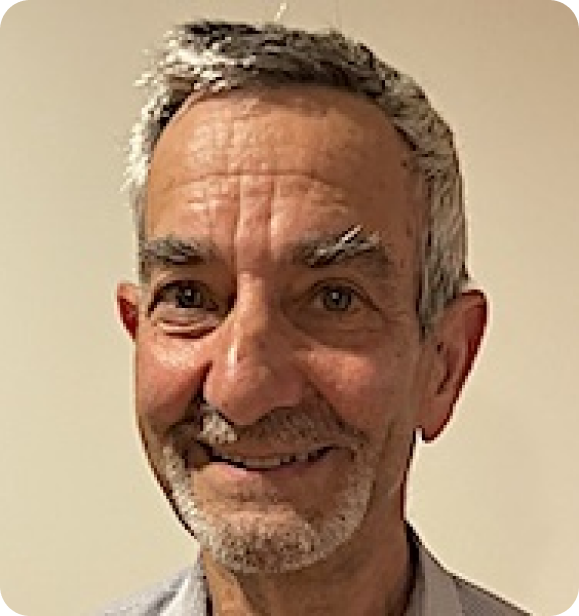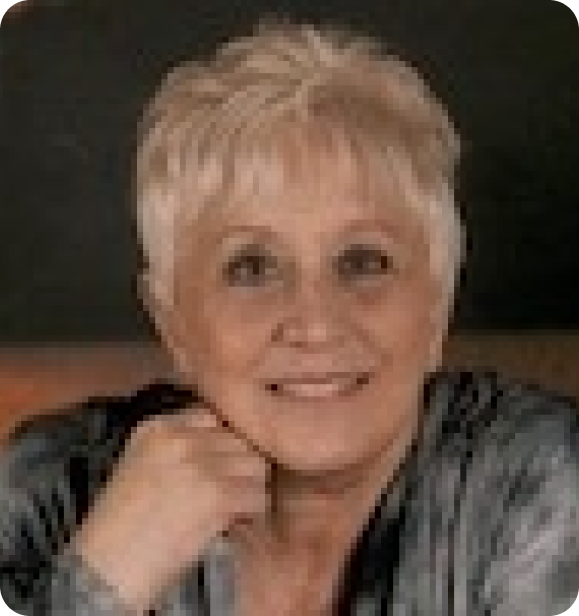


While it may be tempting to assume BaBWP’s “alternative” positions must themselves be monolithic—the only alternative to NIMBY-ism is YIMBY-ism—that is not an accurate description of our purpose or method. We’re committed to progressive social values, but we won’t necessarily rubber stamp every housing proposal. Public positions we take on land use or development projects will be based on case-by-case data analysis, plus serious consideration of our community’s practical needs and necessary limitations.

In the Summer of 2023, there was significant community debate over an SB9 project proposed by the owner of a single-family residential lot on Georgetown Avenue in Westchester’s Kentwood neighborhood. (Building & Safety Case # 23010-10000-01135)
The public discussion delivered a well-organized, energetic pushback against the project. Ultimately the land owner reduced the project’s height from 3 to 2 stories.
However, what concerned our four founding members: a single, relatively homogenous group’s point of view was accepted as representative of the entire community‘s take, which it was not.
What was missing? No other community groups, beyond a group of vocal neighbors and the Neighborhood Council, presented alternative analyses or positions.
The result? A narrowly focused public dialogue that failed to capture the full range of representative community positions on the proposal.
Westchester-Playa’s community was once monolithic: white and suburban. But that is not who we are today.

“Homelessness is the most visible result of our lack of sufficient housing, but it is by no means the primary result. Not having enough housing, especially in high-resource areas like Westchester, leads to negative economic, health, education and other outcomes for significant portions of our population. Providing enough housing at all income levels isn’t just the key to eliminating homelessness, it is the essential foundation for creating a better community.”
Margaret Harrington has lived in Los Angeles since 1973 and moved to Westchester in 1995. Her commitment to housing advocacy grew out of volunteer work to combat homelessness. “It became so obvious that the ultimate solution to homelessness is to have more homes. Yes, other challenges contribute to the homelessness crisis – economic instability, mental health issues, substance abuse – but even if we solved all of those, we still need more places for people to live.” Margaret honed her organizational management skills during a 50-year career in academic administration at USC. Margaret’s housing equity advocacy work includes participating in Westside for Everyone, Abundant Housing LA and Everyone In LA. She is also an active member of Westchester Playhouse, home to the Kentwood Players.
A Westchester resident since he was six years old, Julian loves living here. “As a software engineer, I’m very lucky to be able to afford to stay. However, my brother couldn’t make it work—despite also being a high earner. He now rents in another part of the state. For me it’s pretty simple: lack of affordable housing at every step of the income ladder is hurting our community.” Julian was formerly a volunteer for Big Brothers, Big Sisters and today sits on the City of LA Bike Advisory Committee.

“When I measure our community’s housing track record, our unhoused neighbors are a clear sign to me that we’re not meeting people’s needs. The lack of affordable housing is a serious problem at many income levels, including for the local workforce. Although I don’t have all the answers, I do know that backlash and fear of change don’t resolve this crucial challenge.”
Moving to Westchester from Culver City in 2014, Peter has dedicated his career and his retirement volunteer time to supporting working people in their pursuit of the human rights of shelter, food security and healthcare. “I grew up in a household where I was taught that every human was a brother or sister, peace with justice was our highest aim, market forces can be oppressive, and it was our duty to fight against racism. So, I was a social activist from an early age.” Peter volunteers as a restorative justice mediator with Centinela Youth Services, plus volunteers with both Food Pantry LAX and Grass Roots Neighbors.


Since 1986, Susan has been a Playa del Rey, then Westchester resident, mom and volunteer. When approached by a neighbor to sign a community No on Growth petition in 2023, Susan wrote in response: “Personally I am not in agreement with this petition. Some issues this group is fighting have already been legislated; others are exclusionary and short-sighted. My hope? That Westchester can wisely follow the existing mandates and increase housing that gives us all a better community. More amenities (restaurants and shops) more affordability, walkable/bikeable neighborhoods, and mass transit. A place where everyone who is part of our community (the person who bags your groceries or works in your bank) can comfortably live here and not have to commute 50 miles on $5/ gallon gas.” Susan’s other volunteer commitments include Safe Place for Youth and the Westchester-Playa Democratic Club.
Building a Better Westchester-Playa (BaBWP) is a group of neighbors advocating for local housing and land use decisions that foster racial and socio-economic diversity, environmental sustainability and community well-being.